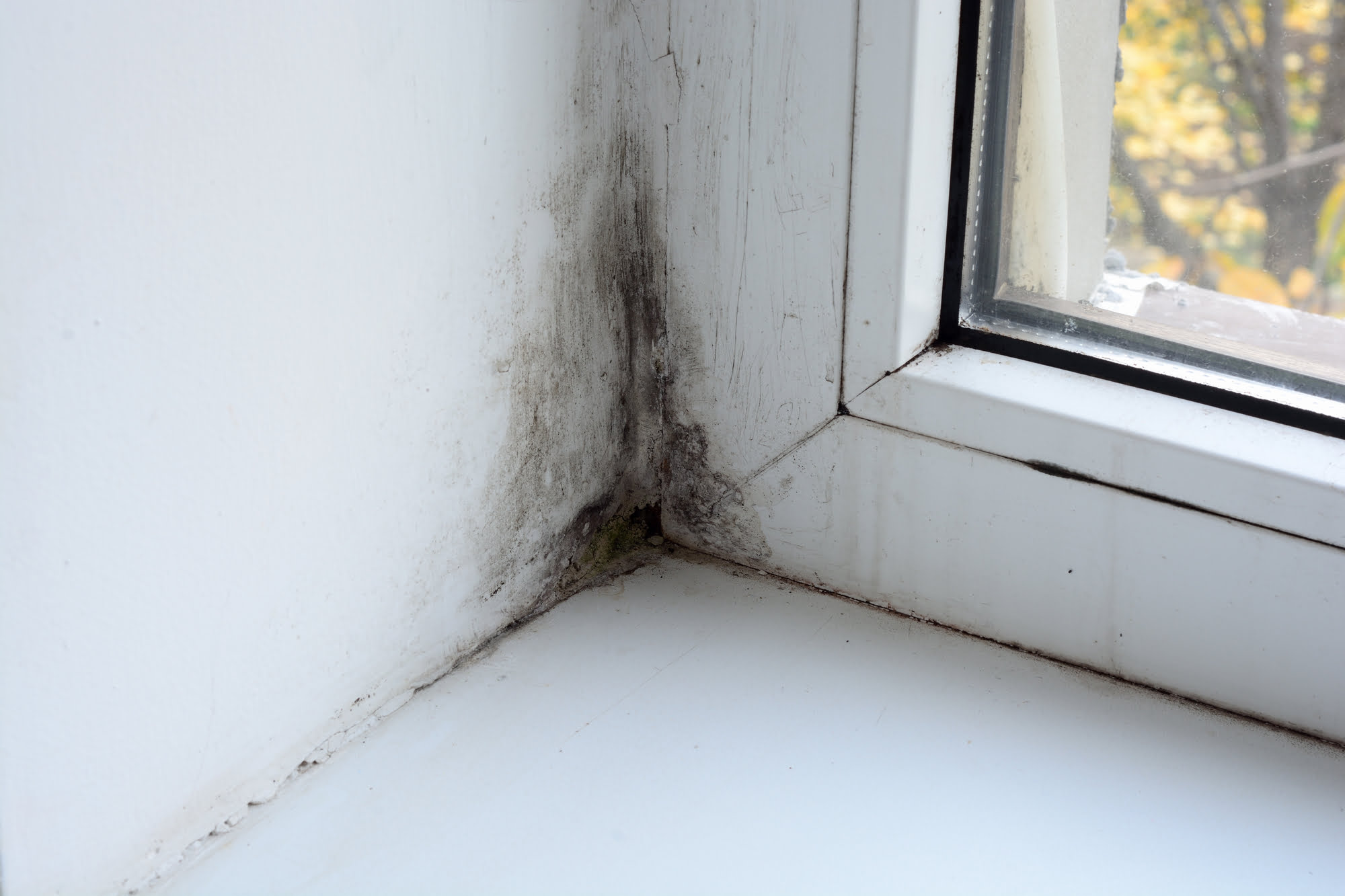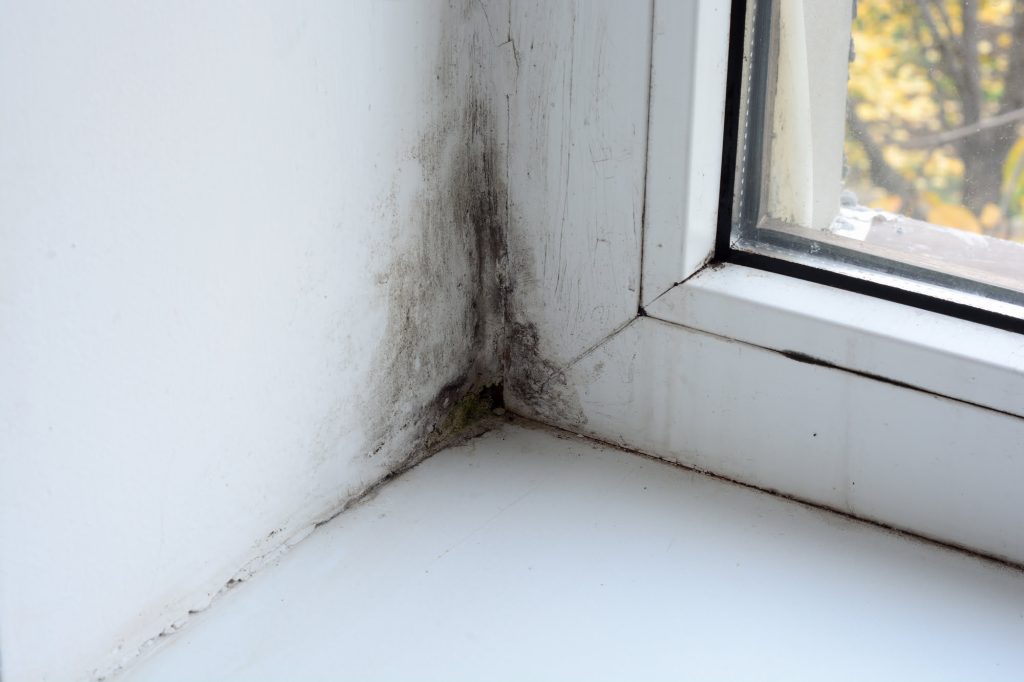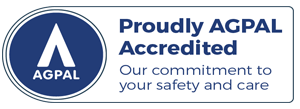
With Reine DuBois
In the wake of Cyclone Alfred, the Byron Bay region has been left with excessive moisture, creating the perfect conditions for mould growth. Damp environments significantly increase the risk of mould-related health issues, affecting indoor air quality and overall well-being. For those concerned about the health effects of mould exposure and looking for solutions, Dr. Nicole Bijlsma will be visiting our region next Sunday to provide expert insights on mould prevention and remediation.
Health Risks of Mould Exposure
Extensive research, including reviews from the Institute of Medicine (IOM) and the World Health Organization (WHO), has linked mould exposure to a range of health conditions. Occupants of damp environments are at a higher risk of developing:
- Respiratory issues – including asthma exacerbations, bronchitis, and respiratory infections.
- Allergic reactions – such as allergic rhinitis, eczema, and hypersensitivity pneumonitis.
- Asthma development – with studies estimating that exposure to damp and mouldy homes increases asthma risk by 30–50%.
- Childhood asthma and adult allergies – musty odours in the home have been consistently associated with asthma and allergy symptoms.
Given these risks, mould prevention and remediation should be a public health priority, as highlighted by organizations such as the National Institute for Occupational Safety and Health (NIOSH), ASHRAE, and the American Industrial Hygiene Association (AIHA).
For a more detailed overview of these health risks, refer to this comprehensive research paper: Mould and Dampness: Health Effects.
How to Safely Remove Mould from Small Areas
If you discover small areas of mould (less than 1m²) in your home, follow these evidence-based cleaning methods:
- Wear Protective Gear: Use a P2 respirator, disposable gloves, and safety glasses to prevent inhalation or skin exposure.
- Avoid Dry Brushing: This can release mould spores into the air, worsening contamination.
- Use the Right Cleaning Solution: Scrub hard, non-porous surfaces with:
- Soapy water (mild detergent solution)
- Three parts white vinegar mixed with one part water
- Three parts alcohol mixed with one part water
- Apply the HEPA Sandwich Method:
- Vacuum with a HEPA-filtered vacuum
- Wipe with soapy water or vinegar solution
- Vacuum again with the HEPA vacuum
- Discard Porous Materials: If materials such as carpets, soft furnishings, or plasterboard have significant mould growth, it is best to replace them.
- Fix Moisture Problems: Identify and resolve leaks, condensation, and ventilation issues to prevent future mould growth.
- Avoid Harmful Cleaners: Do not use bleach or ozone-generating devices, as these can worsen air quality and fail to remove the root of the problem.
Dr. Nicole Bijlsma’s Visit to Byron Bay
For those wanting expert guidance on mould remediation and environmental health, Dr. Nicole Bijlsma will be in Byron Bay next Sunday. Dr. Bijlsma is a leading authority in building biology and will be offering insights into creating healthy indoor environments, particularly in humid climates like ours.
To make the most of her visit, we are thrilled to announce that Dr. Bijlsma will be staying in our mould-free accommodation at The Byron Health Hotel. This presents a unique opportunity for guests to engage with her one-on-one over the weekend while experiencing a truly mould-free stay.
LEARN MORE ABOUT OUR MOULD EVENT
Need a Break from Mould? Stay in Our Mould-Free Accommodation
If you need a safe space to recover from mould exposure or simply want to enjoy a fresh, toxin-free environment, our mould-free accommodation at The Byron Health Hotel is available. Designed with health and wellness in mind, our rooms provide:
- Superior air quality with high-grade air filtration
- No toxic materials or damp conditions
- Filtered water and organic amenities for a clean-living experience
Book Your Stay Here: Book Now
For more details on our mould-free accommodation, visit: The Byron Health Hotel
Conclusion
The aftermath of Cyclone Alfred has brought excess moisture to our region, making mould management an urgent priority. Mould exposure can have severe health consequences, particularly for those with respiratory conditions, allergies, and sensitivities. By following safe cleaning practices and addressing underlying moisture issues, we can create healthier indoor environments.
For those looking for expert insights, don’t miss Dr. Nicole Bijlsma’s visit next Sunday. And if you’re in need of a mould-free retreat, our Byron Health Hotel offers a pristine environment to recover, relax, and even chat with Dr. Bijlsma during her stay.
Stay informed, stay healthy, and take proactive steps to create a mould-free space in your home and community.


